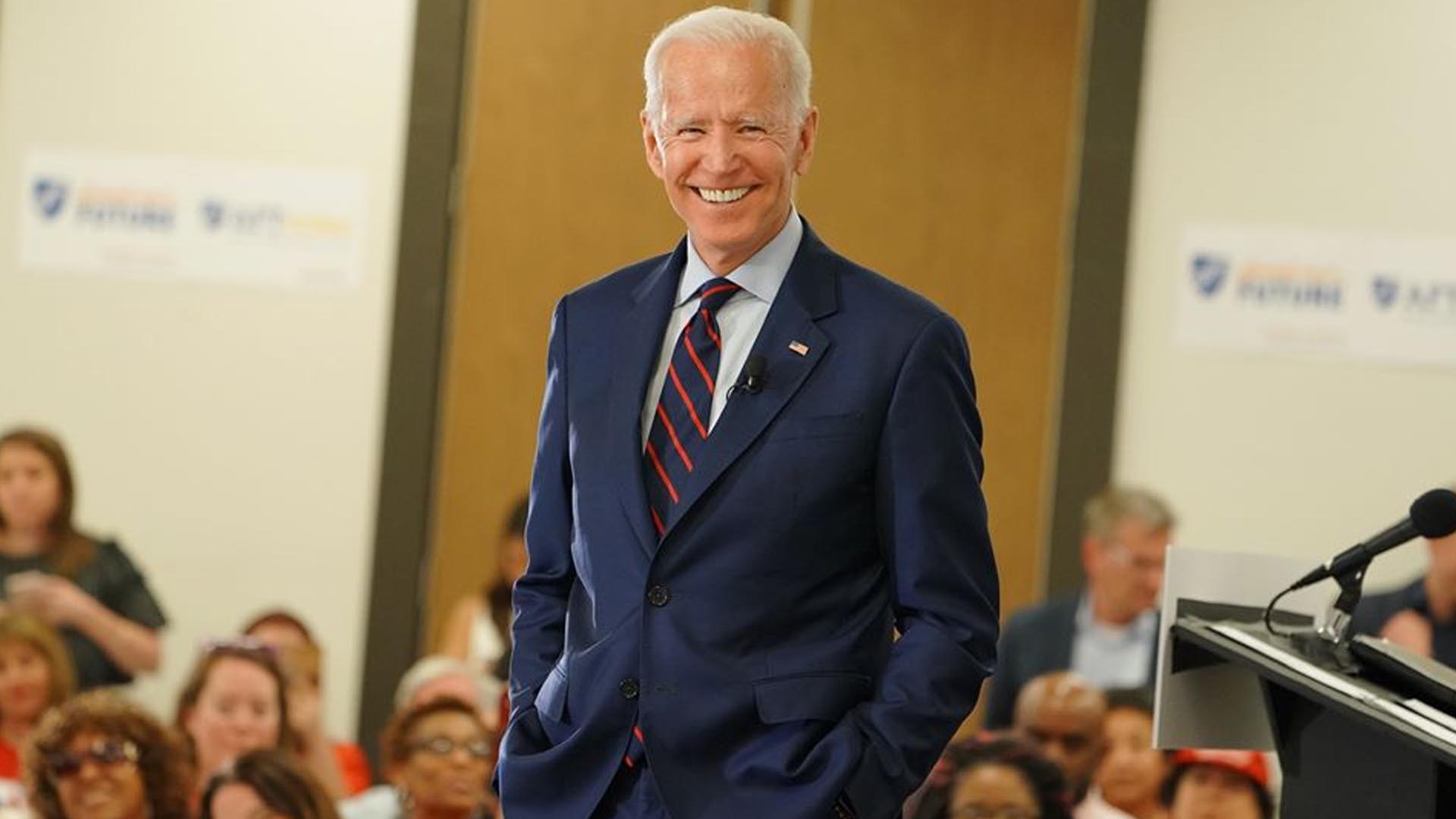The latest report by The Economist Intelligence Unit (The EIU) highlights the dramatic shift in the race for the Democratic presidential nomination–which has become a head-to-head competition between Joe Biden and Bernie Sanders.
* The upcoming March primaries will be extremely tight, but the EIU forecasts Mr Biden to gain critical momentum in Michigan, Florida and Georgia, putting him in the best position to win the nomination.
* Mr Biden’s campaign was resurrected by his win in the South Carolina primary on February 29th, which changed the narrative around his electability and confirmed his commanding lead among African American voters, a crucial demographic.
* The race for the Democratic nomination will be a fierce battle between moderates and progressives, which currently looks likely to strengthen Donald Trump’s hand.
* As the race currently stands, Mr Trump is likely to draw on his solid support base and the benefits of incumbency to narrowly win a second term in November
DEMOCRATIC RACE TIGHTENS
Following Super Tuesday, public opinion polls have swung in Mr Biden’s favour, putting him in the best position to take the Democratic nomination. However, it is still too soon to count Bernie Sanders out entirely. Until recent days, he held sizeable leads in several key states that will vote later in March, including Michigan–a swing state that was critical to the narrow electoral college victory of the Republican candidate, Donald Trump, in 2016–Ohio and Washington. Mr Biden, meanwhile, has a firm lead in some other key states, including Florida and Georgia, which he is set to win by large margins.
DEMOCRATS COULD FACE MESSY END TO CAMPAIGN
Mr Biden has the strongest base among African-American voters and is best placed to appeal to moderate voters, which will allow him to expand his support base as the race goes on. On the downside, however, he appears to be the “compromise” candidate, which will work against him at a time when many Americans are looking to anti-establishment figures.
Mr Sanders has an extremely strong, mobilised grass-roots support base, similar to Mr Trump’s. Moreover, Mr Sanders appeals to the widespread sense of dissatisfaction with institutions that carried Mr Trump–and indeed, his predecessor, Barack Obama–into office, and which is still prevalent today. However, Mr Sanders’ far-left policy agenda is likely to unite Republicans against him and turn off some moderate voters, who will be less willing to consider radical policy changes at a time when the US economy is on a record-long growth streak.
MR TRUMP HAS NARROW, BUT CLEAR PATH TO VICTORY
As the race currently stands, Mr Trump is likely to win a second term in the election in November. Unemployment in the US is at an all-time low of 3.5%. Although the coronavirus and recent oil-price shocks pose risks to the economy, Mr Trump will still be able to campaign on his promises to ease constraints on businesses and keep the economy growing. Second, the benefits of incumbency are also significant, particularly when paired with a strong economy. Only three of the 12 presidents elected since 1945 have failed to secure a second term (Lyndon B. Johnson, Jimmy Carter and George H. W. Bush). Finally, Mr Trump also benefits enormously from his uniquely solid support base. His approval rating has held around 40%-44% for almost the entirety of his first term–by far the most stable rating of any president in modern history. That base, while too small to ensure his re-election alone, has been galvanised by the impeachment process, which Mr Trump survived.
Says Cailin Birch, The EIU’s global economist, “_In order to defeat Mr Trump’s highly mobilised base, the eventual Democratic nominee will have to unite the fragmented Democratic electorate and present policies that are moderate enough to appeal to centrist Republicans and undecided voters. Mr Biden stands the best chance of doing this, but it is still a hard road ahead.”







